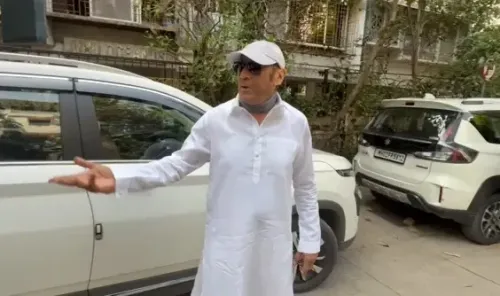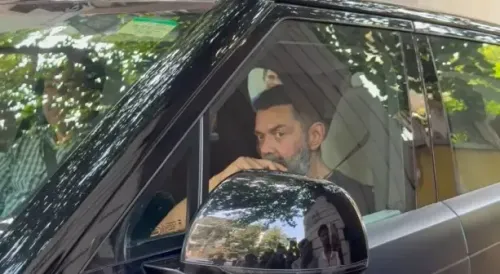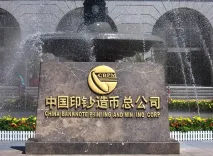Will Jacqueline Fernandez Find Relief from the Supreme Court in Her Money Laundering Case?

Synopsis
Key Takeaways
- The Supreme Court denied Jacqueline Fernandez's plea to dismiss money laundering charges.
- Fernandez claims she was unaware that gifts from Sukesh Chandrashekhar were illegal proceeds.
- The Enforcement Directorate has attached assets worth ₹7.2 crore linked to her.
- Multiple charge sheets have been filed against Fernandez in this ongoing case.
- The case highlights the complexities of legal proceedings involving high-profile individuals.
New Delhi, Sep 22 (NationPress) The Supreme Court on Monday denied a request from Bollywood actress Jacqueline Fernandez to dismiss the money laundering proceedings brought against her by the Enforcement Directorate (ED) linked to the ₹200 crore extortion case involving the alleged conman Sukesh Chandrashekhar.
A panel consisting of Justices Dipankar Datta and Augustine George Masih opted not to impose a stay on the trial proceedings but did allow the actress the opportunity to seek the court's intervention at a later stage.
Senior lawyer Mukul Rohatgi, representing Fernandez, contended that under Sections 3 and 4 of the Prevention of Money Laundering Act, 2002 (PMLA), she could not be prosecuted as she was unaware that the gifts received from Chandrashekhar were derived from criminal activities.
Rohatgi further asserted that she was being unfairly implicated in the money laundering case, having been identified merely as a witness in the underlying offense.
The bench, referencing the Supreme Court's ruling in the Vijay Madanlal Choudhary v. Union of India case, which affirmed the extensive authority of the ED, noted that allegations during the charge framing phase must be accepted as presented.
"The allegation is that a portion of that ₹200 crore was received by you as a gift. Nothing has been substantiated. At this point, you must accept the allegations as they are," they stated.
Rohatgi countered that merely accepting gifts does not equate to money laundering, adding that Fernandez was a victim of deception by Chandrashekhar and his associate Pinky Irani.
Despite this, the Supreme Court indicated that it was disinclined to engage with the case and dismissed the special leave petition (SLP), allowing for future applications to the court at a suitable time. It clarified that the observations made by the Delhi High Court, which previously rejected Fernandez’s challenge, would not influence the trial court's proceedings.
Back in July, a single-judge bench led by Justice Anish Dayal of the Delhi High Court had also refused to dismiss the proceedings, stating that the allegations warranted examination by the trial court. The ED claims that assets totaling ₹7.2 crore associated with Fernandez are "proceeds of crime" and have been seized during their investigation.
The federal anti-money laundering agency has alleged that Chandrashekhar's aide, Irani, was responsible for delivering luxury gifts to Fernandez on his behalf.
The ED has submitted several charge sheets in this case. In one of its supplementary charge sheets, Fernandez was named as an accused, while another Bollywood figure, Nora Fatehi, was questioned as a witness. Nonetheless, Fernandez has insisted that she played no part in laundering Chandrashekhar’s purportedly illegal wealth.
The 39-year-old Sri Lankan-born actress, who made her Bollywood debut after winning the Miss Universe Sri Lanka title in 2006, has been a significant presence in Hindi cinema for over ten years, also appearing in music videos and reality shows.









